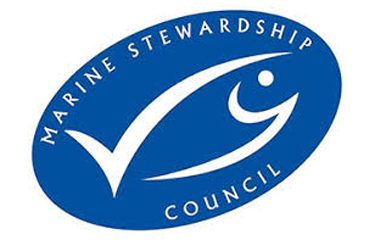SAI Global has completed its assessment of the Chilean austral hake industrial and longline fisheries, and the fishery can now claim to be a “well-managed and sustainable fishery,” in accordance with the Marine Stewardship Council’s Principles and Criteria for Sustainable Fishing.
The client for the fishery is Federación de Industrias Pesqueras Del Sur Austral (FIPES), which represents four of the five companies that participate in the fishery. It is one of Chile’s most important wild-caught seafood exports, with an export market focused heavily on Spain and a total allowable catch of 19,010 tons in 2017.
This assessment was initially announced on 30 Oct. 2017, and an initial site visit was conducted in November 2017. Following the initial site visit a variation request was made to, and accepted by, the MSC, redefining the units of assessment for the fishery to include both bottom and midwater trawls as scoring elements.
One notice of objection was accepted by an independent adjudicator, but during the consultation period on this objection, a resolution was reached among the parties which included amendments made to the Final Report and Determination.
The certification included two conditions on performance indicators that scored below the 80 point threshold. The first condition was placed on the fishery regarding Performance Indicator 1.1.1 Stock Status, including the language: “By the fourth surveillance audit after reassessment, the assessment team shall be provided with evidence that the stock (i.e. Chile austral hake) is at or fluctuating around a level consistent with [maximum sustainable yield] in the industrial trawl and longline fishery.”
A second condition was placed on the fishery regarding Performance Indicator 2.1.1: Primary Species. “By the fourth surveillance, the assessment team shall be provided with evidence that Main primary species (i.e. hoki) in the industrial trawl fishery (UoA 1) are highly likely to be above the PRI [point that recruitment is impaired] or if the species is below the PRI, there is either evidence of recovery or a demonstrably effective strategy in place between all MSC UoAs which categorize this species as main, to ensure that they collectively do not hinder recovery and rebuilding.”







